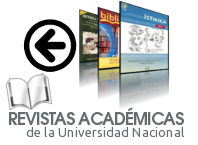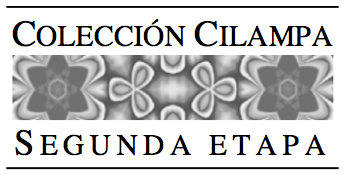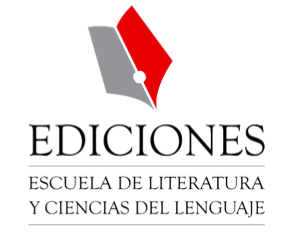Rhythm in the Essay “Feminismo perfumado”, by Alfonsina Storni
DOI:
https://doi.org/10.15359/rl.2-76.2Keywords:
listening, rhythm, poem, Alfonsina StorniAbstract
In this paper, we seek to listen to the rhythm of the essay “Feminismo perfumado,” by Alfonsina Storni, giving attention to the construction of signification, that is, to what the poem does, to its effect. We begin with the notions of rhythm and poem as proposed by Meschonnic, as well as with the notions of syntactic accent and prosodic accent developed by Dessons. This theoretical path supports an analysis that is based on the reading of both the utterance and the enunciation, making it possible to listen to the rhythm of the essay.
References
Benveniste, Émile. Problemas de Lingüística general I. Trad. Maria da Gloria Novak y Maria Luisa Neri, 5ª ed. Campinas: Pontes Editora, 2005.
Benveniste, Émile. Problemas de Lingüística general II. Trad. Eduardo Guimaraes y otros, 2ª ed. Campinas: Pontes Editora, 2006.
Dessons, Gérard. Le poème. París: Armand Colin, 2011.
Dessons, Gérard y Henri Meschonnic. Traité du rythme: des vers et des proses. París: Nathan, 2003.
Laplantine, Chloé. «Émile Benveniste: poétique de la théorie». Tesis—Ecole doctorale Pratiques et théories du sens, Université Paris 8, París. <https://octaviana.fr/document/159650267#?c=0&m=0&s=0&cv=0>.
Méndez, Mariela, Graciela Queirolo y Alicia Salomone, eds., Nosotras y la piel: selección de ensayos de Alfonsina Storni. Buenos Aires: Alfaguara, 1998.
Meschonnic, Henri. Crisis del signo: política del ritmo y teoría del lenguaje. Trad. Guillermo Piña-Contreras. Santo Domingo: Ediciones FERILIBRO, 2000.
Storni, Alfonsina. «Feminismo perfumado», La Nota, 2 de mayo de 1919.
Published
How to Cite
Issue
Section
License
Principios básicos:
a) Los autores conservarán los derechos de propiedad intelectual de sus aportes o artículos;
b) Cada autor deberá indicar expresamente que ese artículo lo entrega, en calidad de exclusividad, a la revista LETRAS; y
c) La revista Letras se reservará el derecho de autorizar para fines académicos no lucrativos la reproducción y uso de ese material por parte de terceros, siempre que éstos indiquen expresamente la procedencia del artículo. Todo ello se postula en concordancia con la normativa de "Creative Commons Atribution License", recomendada.

This work is licensed under a Creative Commons Attribution-NonCommercial-NoDerivs 3.0 Costa Rica License.















